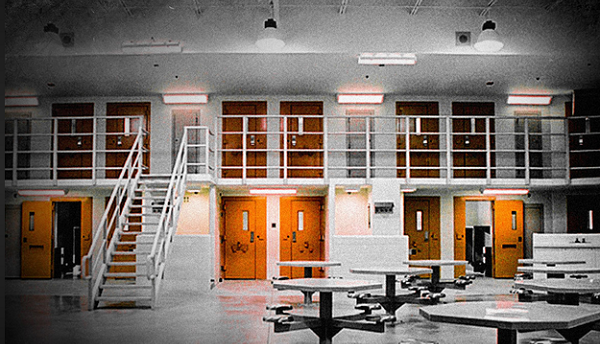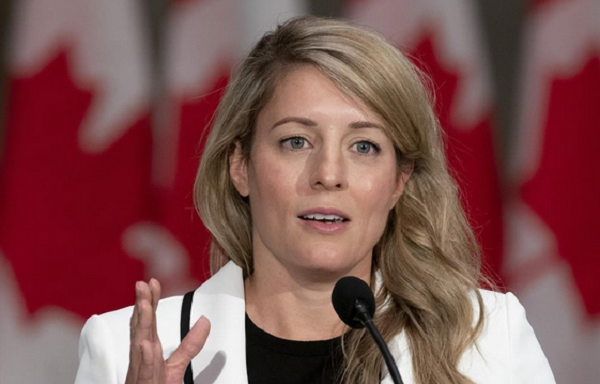Trudeau says immigration detainees will be separated from other inmates in federal prisons
Housing migrants in federal prisons is a temporary measure as border enforcement officials try to modify their own facilities to accommodate “high-risk” detainees, says Public Safety Minister Dominic LeBlanc.
In response to concerns raised over proposed legislative changes to immigration detention, LeBlanc said the Canada Border Services Agency will use a section of a penitentiary “independently and separately” from Correctional Service Canada on those properties.
It will also prohibit any commingling between federal inmates and migrants held for breaching immigration law, he said in responding to an open letter recently published by two former Liberal cabinet ministers opposing the proposal embedded in the spring budget.
“The CBSA is therefore taking immediate steps to house in its own facilities the higher-risk individuals who would have otherwise been placed in provincial correctional facilities,” LeBlanc said in his letter, obtained by the Star, to former Foreign Minister Lloyd Axworthy and Justice Minister Allan Rock.
“A temporary solution is necessary to safely hold a small number of high-risk detainees.”
Ottawa was forced to find alternatives to hold overflowing immigration detainees now that all 10 provinces have given notice to end their respective agreements to detain migrants on the federal government’s behalf. The cancellation of the arrangements was the result of a two-year campaign by Human Rights Watch and Amnesty International.
The federal assurances offer little comfort to advocates.
Samer Muscati of Human Rights Watch said the minister’s reply fails to address the fact that migrants and asylum seekers are still being jailed under administrative law, adding that banning commingling with the criminal population is not feasible.
“Rebranding these locations as ‘immigrant stations’ does not change the reality that individuals held solely on immigration grounds will be incarcerated in federal penitentiaries, which are designed for and managed by the criminal justice system,” Muscati told the Star.
“In any event, there is no guarantee that this policy will remain temporary, because the government could easily extend the provisions, as there are no mechanisms to prevent such an extension.”
LeBlanc said the use of detention has decreased since 2018 as officials strive to limit incarcerating migrants and explore alternatives such as through community case management and supervision, as well as electronic monitoring.
According to the border agency, as of May 24, 12,970 individuals were enrolled in alternatives to detention, including telephone reporting; 152 individuals detained within its three immigration holding centres; and 32 others in provincial correctional facilities or local police holding cells.
As an assurance that the federal jail arrangement will be temporary, LeBlanc said there’s also a sunset clause to automatically repeal the legislative changes after five years.
“I take note of your concerns and want to assure you that the Government is prepared to take charge of immigration detainees,” he wrote. “To ensure transparency to Canadians, a provision has been included in the legislation that would grant all Parliamentarians and judges of a Canadian court access to the section of a penitentiary.”
This article was first reported by The Star












